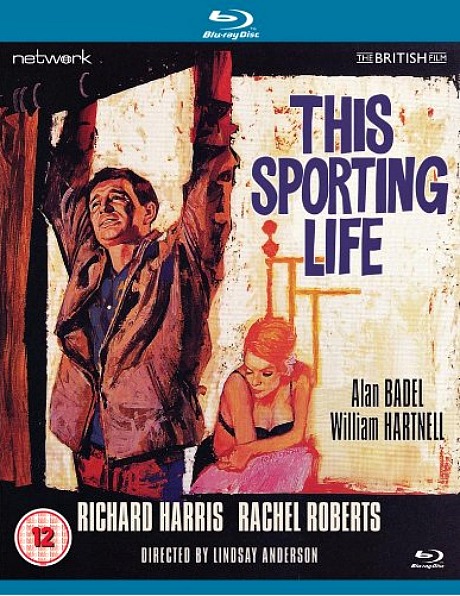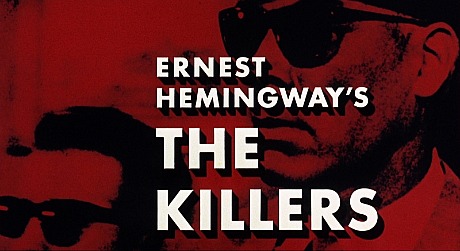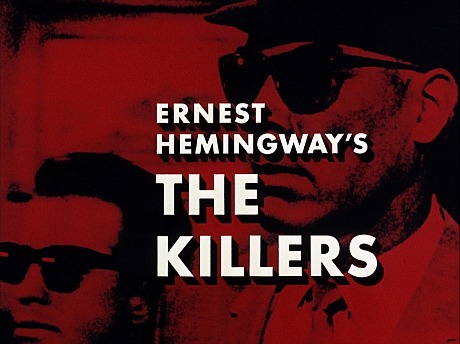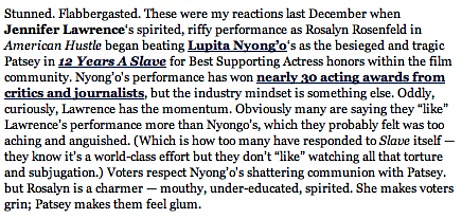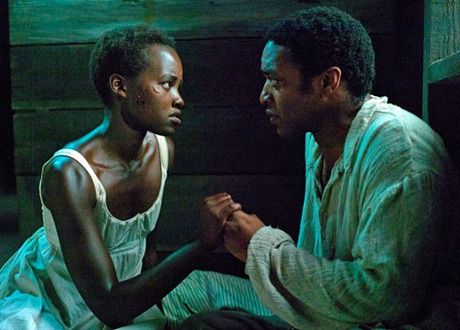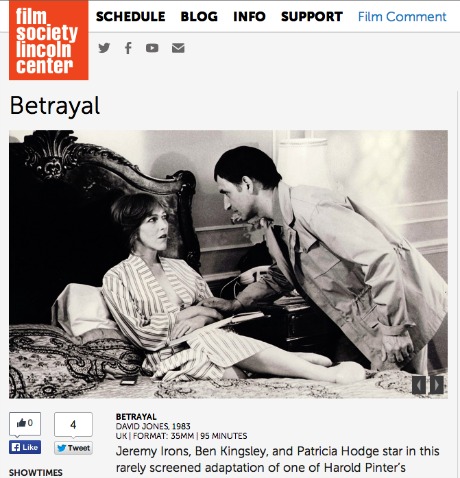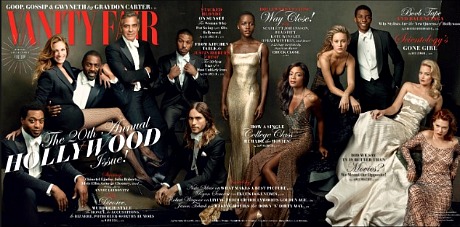“There’s a sublime tension and at the same time a kind of coming together” in Lindsay Anderson‘s This Sporting Life (’63), which will have a British (i.e., Region 2) Bluray release on 5.5.14. “A 1963 kitchen-sink drama about a somewhat loutish, emotionally needy rugby player (Richard Harris) blundering his way through an unexamined life, it has the usual elements — British working-class despair, rage, sex, banging into furniture. But there’s such balm and tranquility provided by Denys Coop‘s black-and-white cinematography that it all seems strangely beautiful. Monochrome as luscious as Technicolor, sometimes moody and murky or fog-lit, sometimes pierced by odd shafts of light or reflections of same. A rough-and-tumble world lit and captured with tonal perfection.” — originally written on 1.30.08 about the then-new Criterion DVD.
